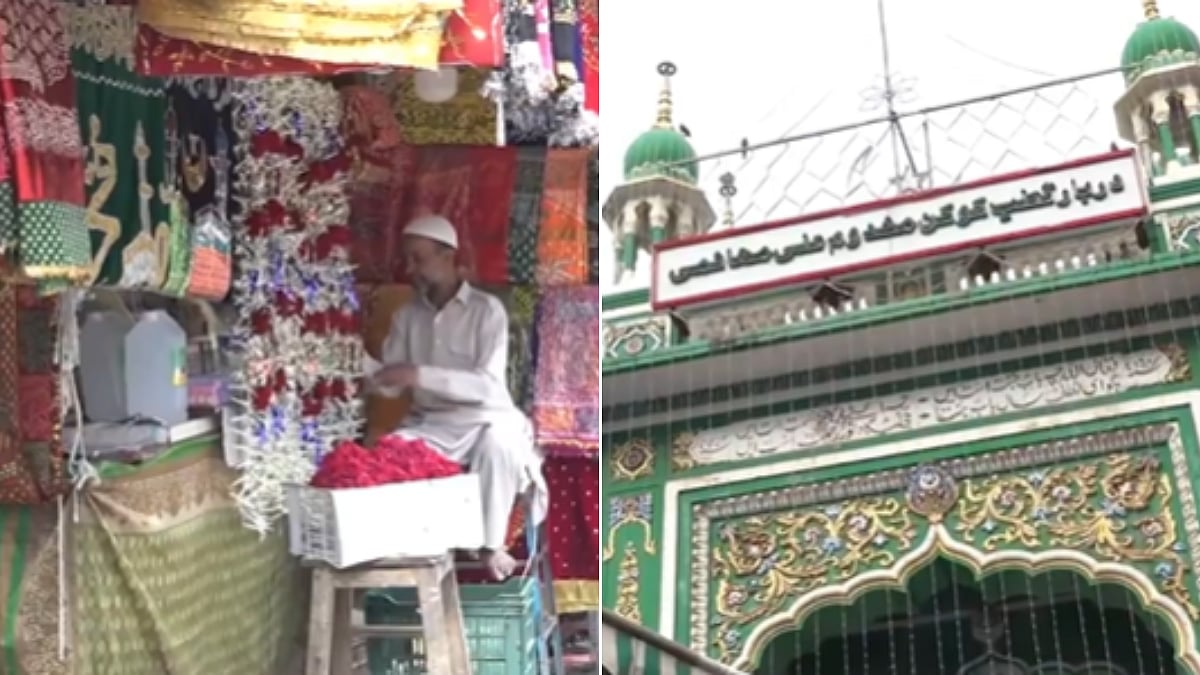Mumbai: The celebration of Eid-e-Milad-un-Nabi at Mumbai’s Mahim Dargah took place on September 8, with visuals showing vibrant community participation and devotion at the Mahim Dargah on Monday.
This year, the Muslim community decided to shift the main Eid-e-Milad processions to September 8 to maintain harmony, as Anant Chaturdashi, a Hindu festival, was observed on September 6. The change aimed to avoid any overlap or disruption between the two major religious events.
In a step towards ensuring smooth celebrations of both festivals, the Maharashtra government officially rescheduled the public holiday for Eid-e-Milad in Mumbai City and Mumbai Suburban districts from Friday, September 5, to Monday, September 8.
This move was formally communicated through a notification from the Department of General Administration, released on Wednesday. The circular, issued in the name of the Governor of Maharashtra and signed by Deputy Secretary Dilip Deshpande, emphasised that the decision was taken "in the spirit of brotherhood" to allow peaceful celebrations for both communities.

Though the official holiday and processions were shifted, early celebrations and prayers at places like Mahim Dargah began before the official date, showcasing the unity and festive spirit of Mumbai’s diverse communities.
History and significance of Eid-e-Milad-un-Nabi
According to Islamic tradition, Prophet Muhammad was born in Mecca between 570 and 600 AD. His birth anniversary, observed on the 12th day of Rabi' al-Awwal, is celebrated as Eid-e-Milad-un-Nabi. The day marks both the birth and passing of the Prophet and serves as a reminder of his teachings and the values he upheld for the betterment of humanity.
On this sacred occasion, devotees worldwide come together with their family and friends, visiting mosques to offer prayers. Many bring garlands and chadars as offerings, symbolising deep devotion. These practices are an integral part of Muslim tradition and are believed to foster a spiritual connection with the divine. After prayers and rituals at the mosque or dargah, people embrace and greet one another warmly.
